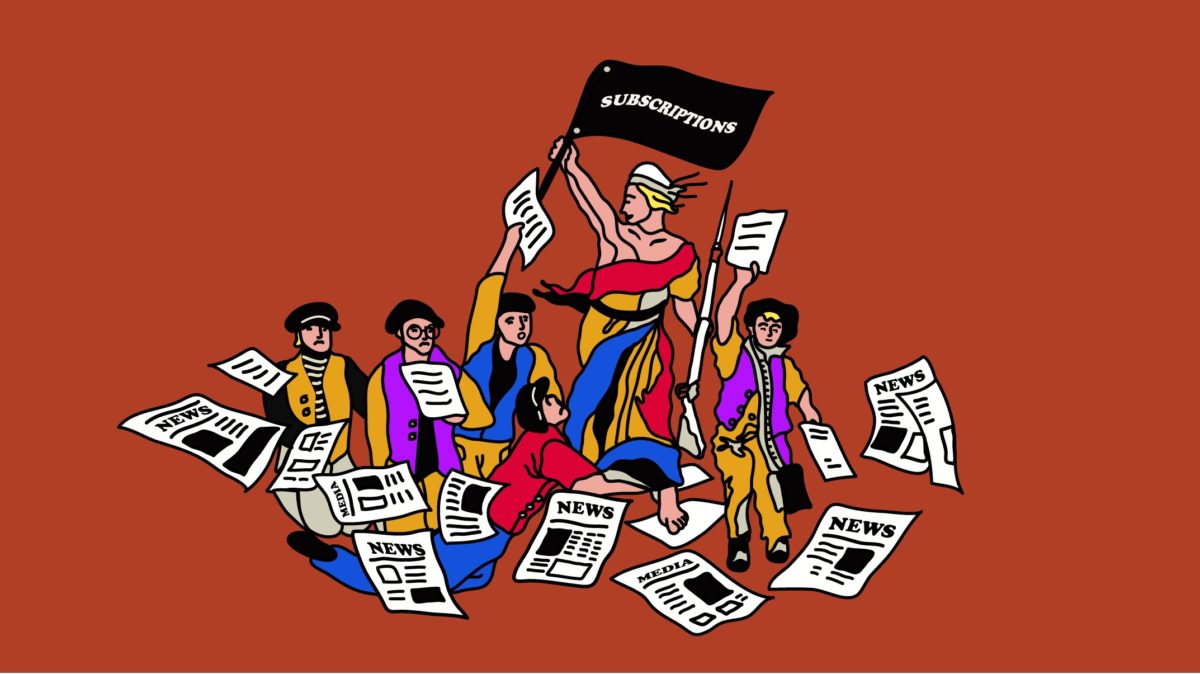If ya ain’t ever heard of Substack, it’s a way to do newsletters that’s a little bit easier to monetize. A lot of Woke Willies in different industries have one, and they’ll send out legit 10,000 words on how Spotify’s rise as a company is akin to ancient Greek mythology. I’m all for people having passion — I frequently don’t about work, and that sucks — but eventually it gets a little tedious. I got one this morning that was about 18,000 words on TenCent, including a spreadsheet of all their acquisitions. Again, awesome on the creator for caring so much. I don’t know what the intended audience is, because a company that cares where TenCent is playing globally probably already has a guy/girl running down their acquisitions … but hey, maybe this is where my lack of pushing myself on newsletters bites me in the ass. That same guy is at about 10K subscribers and I’m at about 6K, so maybe he is winning.
One of the problems with the Substack journalism world, to me at least, is that it drips with privilege. When I get Substacks about working from home or remote work, they only tend to mention Silicon Valley companies and banks. Uh, there are dive bars all over the world and those bartenders have to consider work as well. Not everyone codes for Tesla. If you only read a lot of Substacks, though, you’d come to the belief that the entire world does.
I got one from Byrne Hobart once (here’s his Substack) claiming that “getting venture capital is the new university.” I almost vomited on the floor immediately. Less than .0001% of the populace gets venture capital. A lot of first responders, who might save your life in a pinch, get two-year JUCO degrees. They’re more important to the daily functioning of society than some guy who got his nut off a dog-walking app.
Again, dripping with privilege and confusion about what “the economy” really is. Tech jobs employ about 8% of people. Try as Subdivision Sarah Mom Of 4 might with her STEM camps, you cannot employ that many more people in tech. There are adjacent roles, of course, like understanding tech and helping others do it better, or even setting up Alexa devices for SMBs. Stuff like that. But we can’t just assume everyone is white-collar, everyone gets VC, everyone cares about what Harvard is doing about COVID, etc. That’s not realistic and it’s not the economy.
If anything, it contributes more to inequality of thinking than we realize.
Takes?
